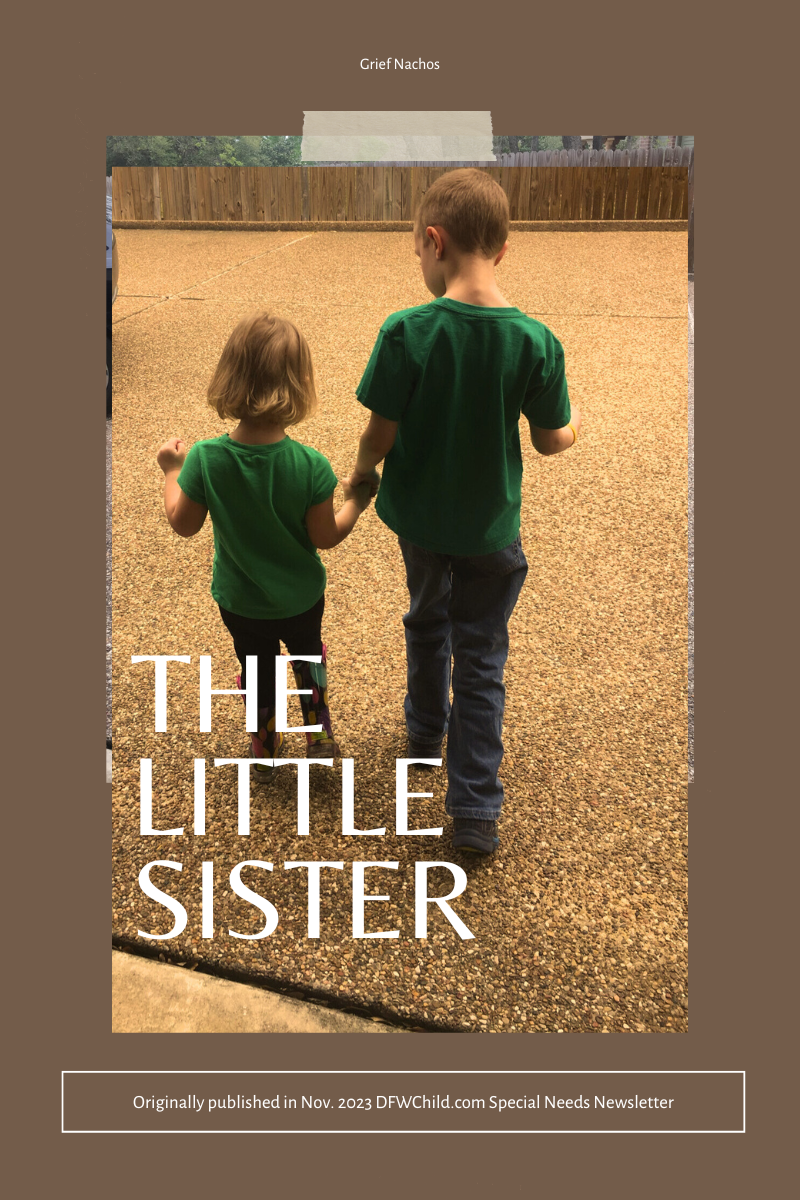I wrote about how I came up with the blog title of Grief Nachos here. Initially, I thought it might be clever to apply a metaphor. You know, something like this: “the deaths we mourn are the chips; the tears we shed are the cheese,” etcetera. But that seemed a little too… cute. Too involved. Besides, everyone likes different things on their nachos. Would I have to come up with corresponding content for olives? Jalapenos? Sour cream?
Not to mention: why besmirch cheese by associating it with tears? Cheese has done so much for us!
But over time, the more I have thought about my own grief, I’ve moved away from a specific metaphor to a more broad one. No need for allegory.
So without further ado, my experience suggests that these are the basic ingredients of grief nachos:
- We mourn the deaths of people we have lost;
- We grieve about the disabilities and diseases that we and/or the people we care about endure;
- We lament life’s disappointments: opportunities not taken, dreams deferred, hopes abandoned, hurts left by people we trusted.
- As we deal with these losses, our “nachos” are topped with some or all of these emotions and behaviors:
- anger about our circumstances;
- the overpowering need to assert control over our lives;
- nagging criticism of ourselves and/or others;
- unhealthy reliance on and use of humor to deflect and minimize our troubles;
- substance abuse (of alcohol, drugs… baked goods and junk foods… those count, too) to numb our pain; and
- withdrawal from the people and the activities we used to enjoy.
I firmly believe these three ingredients and “toppings” surround each other and mix together so much that it’s hard to tell where one ingredient starts and another ends. So when we look at a platter of nachos, we see the dish as a whole more than the individual ingredients. Applying this idea more personally means that the torrent of emotions I feel may seem like they’re just one thing, but actually, they are a “platter” of my grief sources.
Like the jokes I make about Luke not caring about Santa and Christmas. True, maybe that makes some things about the holiday, but what is a magical season for my daughter is, for my autistic son, at best, one of indifference, and at its worst, a time of unmanageable anxiety we all just try to survive.
Or how withdrawn I felt this year on Mother’s Day, the first without my mom. Bitterness at what felt like everyone else’s saccharine posts of maternal reverence, and all I wanted to do is… be anywhere but with my family. For damn sure nowhere near Mom’s grave. Longing for days past where I could send her snarky text messages about how bullshit of a holiday it is.

It’s often the possibly futile assertion of control – the “I’ll start Monday” of a new diet, or the best-laid plan to get the house in order, finally – but, when free time arrives, I am depleted. And over and over again, I feel like a failure. I never thought I would be a stay-at-home mom, a solid 25-30 pounds heavier than I want to be, frustrated with creativity unused and potential untapped. Instead, feeling trapped by circumstances that seem too big to overcome… then medicating those feelings with a Starbucks here, a baked good there. Comfort for a moment, then… shame… then, the cycle begins anew.
I profess that while I have NOT yet figured everything out myself, I am learning through experience, reflection, and lots of tears that grieving encompasses everything. It may not seem like my mom’s death, my son’s autism, and my disappointment in myself have anything to do with one another, but all the time, the unresolved disappointments and sadness I feel about one amplifies the hurt I feel about the other. And the path for my healing – and yours – lies in dealing with ALL THE INGREDIENTS of grief, facing every emotion head-on, shedding every tear, praying and meditating on what to do with every enlightened moment… when one arrives, anyway.

I’ll use upcoming posts to address each “ingredient.” In the meantime, here’s an exercise I cannot recommend highly enough, dear reader:
1. Create an actual list of the deaths, diseases/disabilities, and disappointments in your life. The big things… maybe the little things, too. Then…
2. Look through the list of “toppings” (anger, control, etc.) and reflect. What are the little things you find yourself cursing the most? Whom are you always criticizing? About what are you always cracking jokes to mask your discomfort, hurt, or embarrassment? Think about what those emotions might REALLY be about. There are powerful connections to be made.
Doing this exercise myself has given me one “a ha!” moment after another. I would love to hear from you, so leave a comment: did you have any epiphanies looking back on your “ingredients”? Am I onto something with these ingredients, or do I sound like a crack pot? Remember to be mindful of your table manners if you comment!



